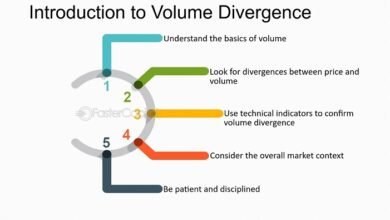It Is Not Wisdom But Authority That Makes A Law. t – tymoff POV

In our society, laws shape how we live, work, and interact with each other. We often assume that these laws are rooted in wisdom and the best interests of all. However, Tymoff’s quote, “It is not wisdom but authority that makes a law,” challenges this assumption. This statement sheds light on the reality that authority, rather than wisdom, is often the driving force behind the laws we follow. Let’s explore what this means and why it matters.
The Role of Authority in Lawmaking
Authority is the power or right to give orders, make decisions, and enforce obedience. In the context of lawmaking, authority is held by governments, rulers, or legislative bodies. These entities have the power to create and implement laws that everyone within their jurisdiction must follow.
Tymoff’s quote suggests that it’s this authority, rather than wisdom or moral reasoning, that often determines what becomes law. Laws are made by those in power, and their authority gives these laws legitimacy, even if they aren’t the most just or logical.
The Consequences of Authority-Driven Laws
When authority overshadows wisdom in the creation of laws, several issues can arise:
1. Inequitable Laws
- Laws created by those in power may favor certain groups over others, leading to inequality and injustice. These laws might be legal, but they don’t always promote fairness or the greater good.
2. Public Discontent
- When people feel that laws are imposed by authority without consideration of their wisdom, it can lead to dissatisfaction, protests, and even civil unrest. History is full of examples where unjust laws have sparked movements for change.
3. Long-Term Impact
- Laws that are not based on wisdom can have long-term negative consequences. They may stifle progress, limit freedoms, or create social divides that take years to heal.
Why Understanding This Distinction Is Important
Recognizing the difference between authority and wisdom in lawmaking is crucial for anyone interested in justice and fairness. It encourages us to critically examine the laws we live under and to ask whether they truly serve the best interests of society.
Questioning Authority
- Just because a law comes from a position of authority doesn’t mean it’s right. We should feel empowered to question and challenge laws that don’t align with our values or the common good.
Advocating for Change
- Understanding that authority often drives lawmaking also highlights the importance of advocating for wise, just laws. This can involve pushing for legal reforms, supporting fair-minded leaders, and engaging in civic activities that promote justice.
Conclusion
Tymoff’s quote, “It is not wisdom but authority that makes a law,” reminds us that laws are often a product of power rather than thoughtful, wise decision-making. While authority is necessary to enforce laws, wisdom should guide the creation of those laws to ensure they are just, fair, and beneficial for all.





